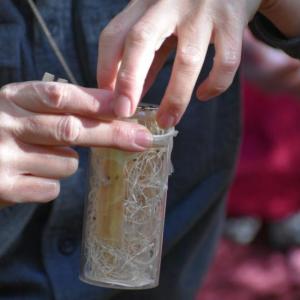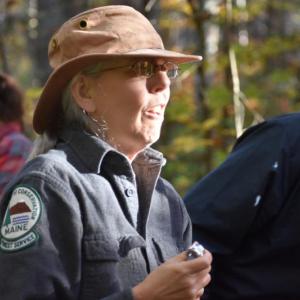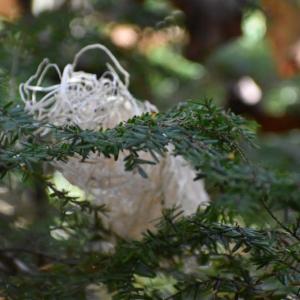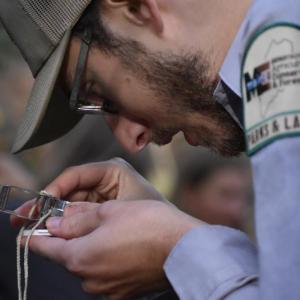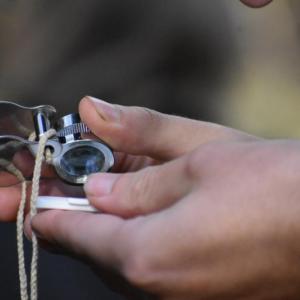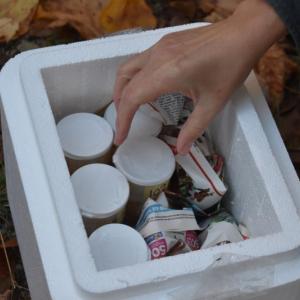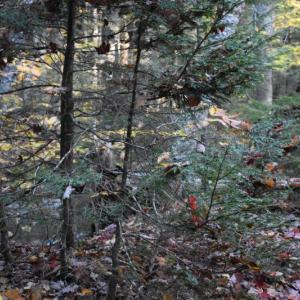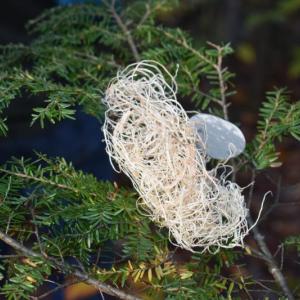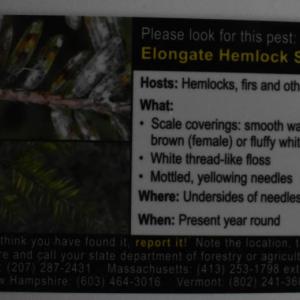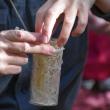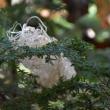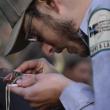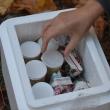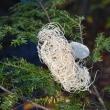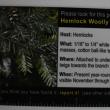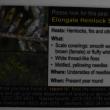High hopes for beetle release in Camden Hills to help save hemlock
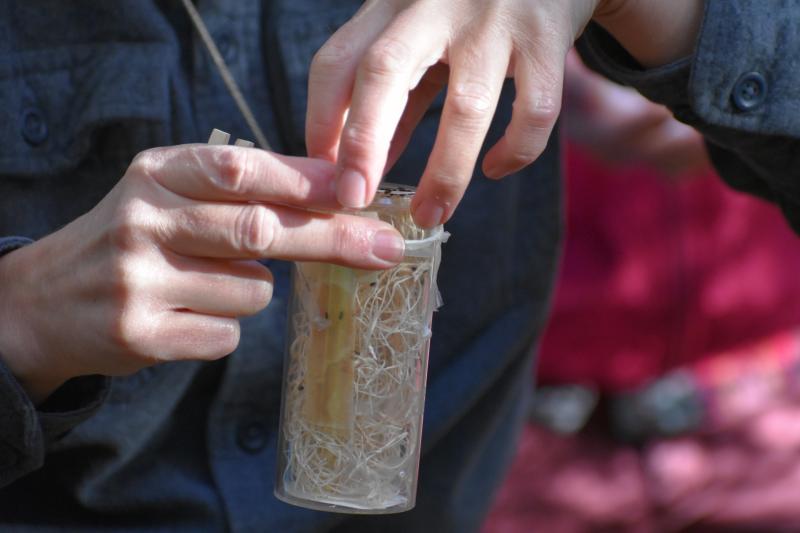 This vial of straw also contains 100 tiny beetles, which entomologists hope will eat a consume a bacteria that attaches itself to hemlock trees. (Photo by Sarah Thompson)
This vial of straw also contains 100 tiny beetles, which entomologists hope will eat a consume a bacteria that attaches itself to hemlock trees. (Photo by Sarah Thompson)
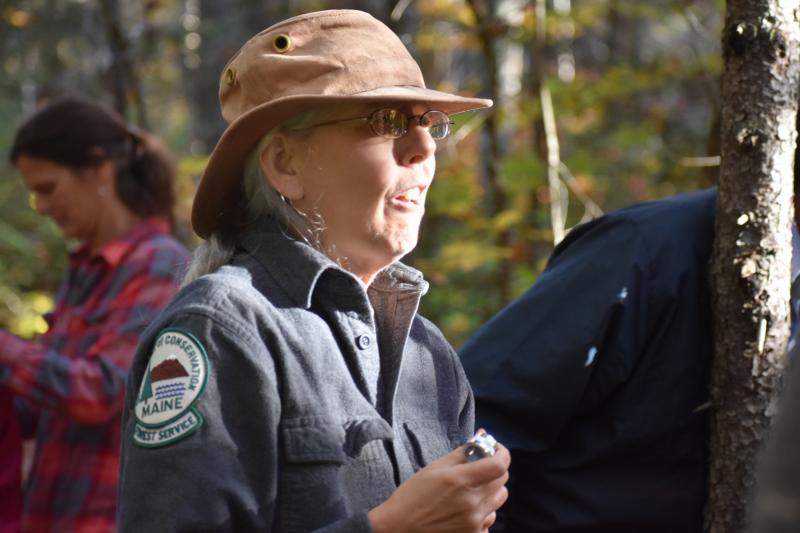 State entomologist Colleen Teerling coordinated the release. (Photo by Sarah Thompson)
State entomologist Colleen Teerling coordinated the release. (Photo by Sarah Thompson)
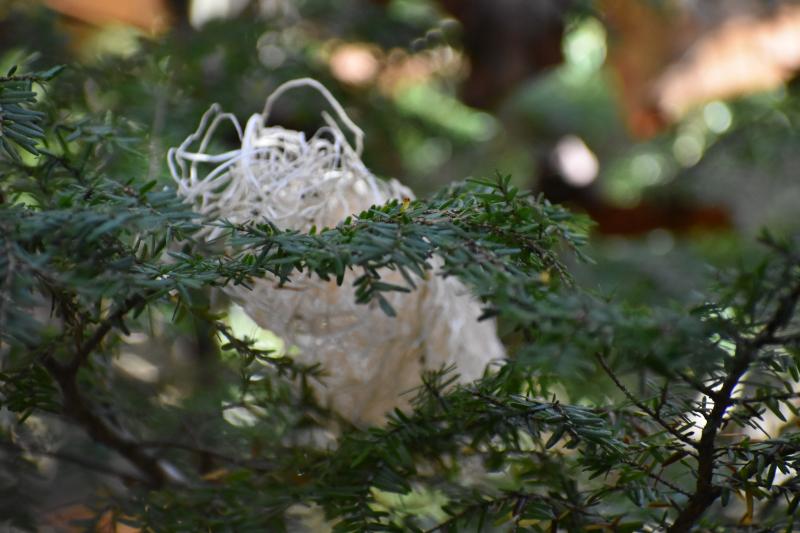 (Photo by Sarah Thompson)
(Photo by Sarah Thompson)
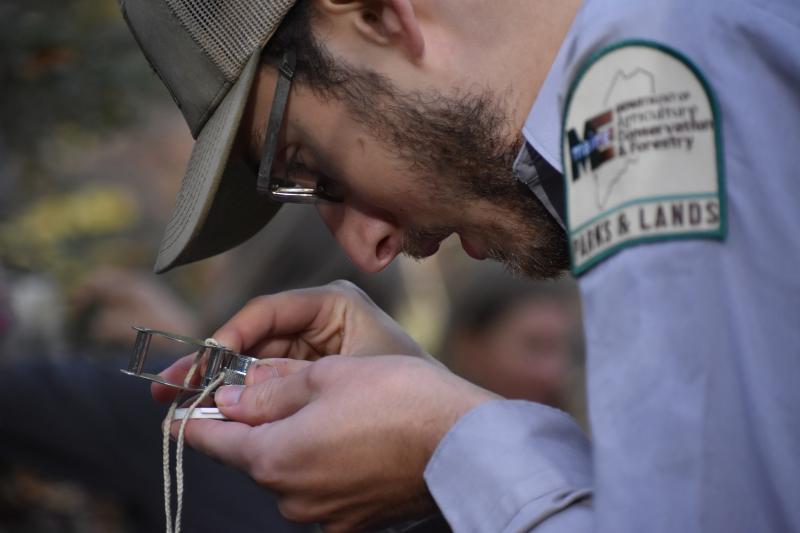 (Photo by Sarah Thompson)
(Photo by Sarah Thompson)
 (Photo by Sarah Thompson)
(Photo by Sarah Thompson)
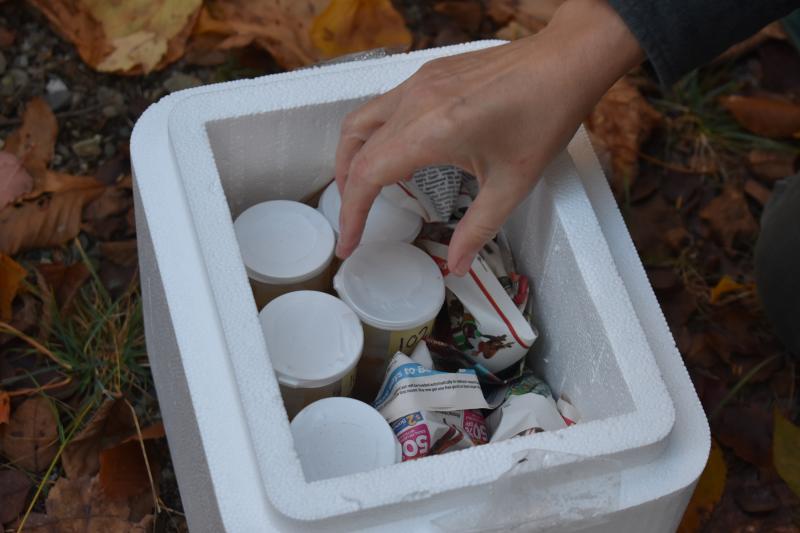 Beetles by mail. (Photo by Sarah Thompson)
Beetles by mail. (Photo by Sarah Thompson)
 (Photo by Sarah Thompson)
(Photo by Sarah Thompson)
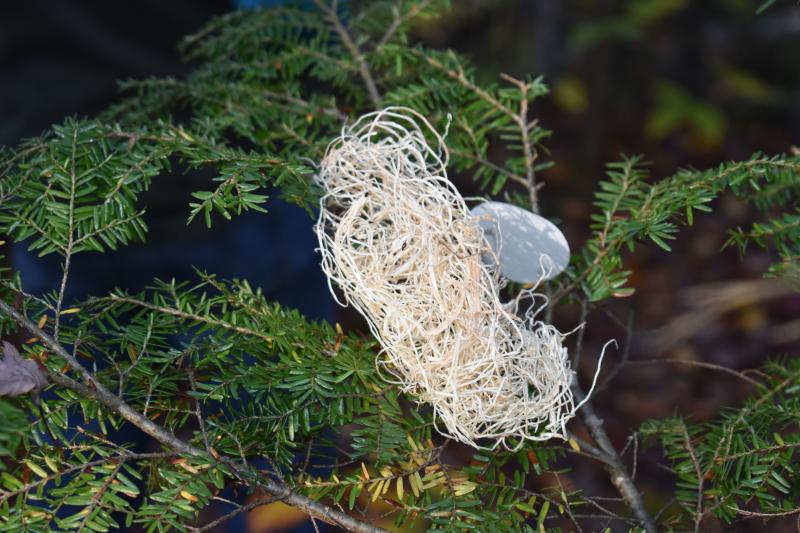 (Photo by Sarah Thompson)
(Photo by Sarah Thompson)
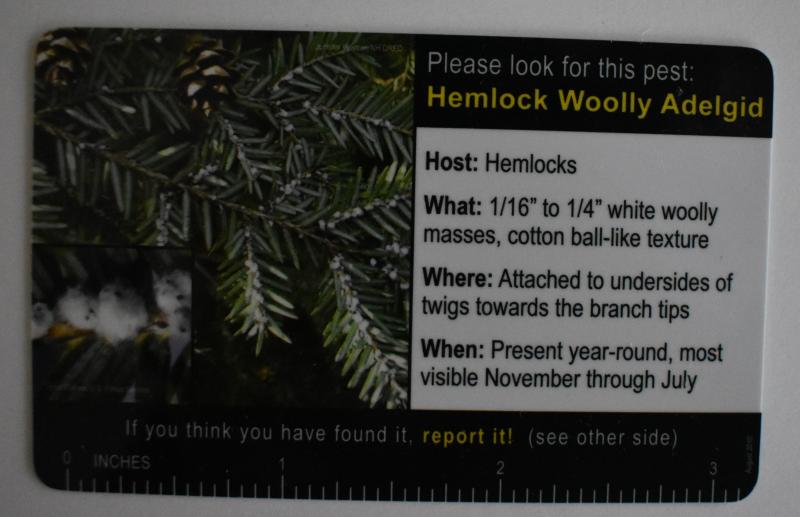
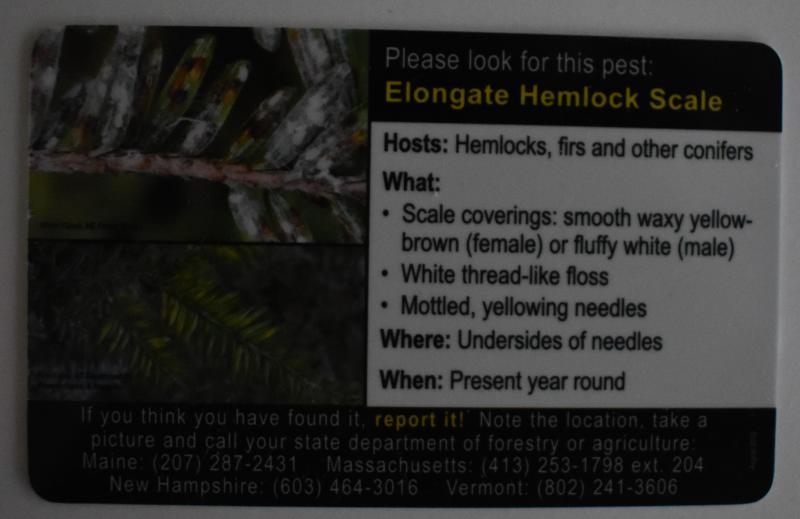
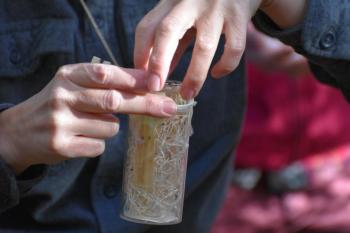 This vial of straw also contains 100 tiny beetles, which entomologists hope will eat a consume a bacteria that attaches itself to hemlock trees. (Photo by Sarah Thompson)
This vial of straw also contains 100 tiny beetles, which entomologists hope will eat a consume a bacteria that attaches itself to hemlock trees. (Photo by Sarah Thompson)
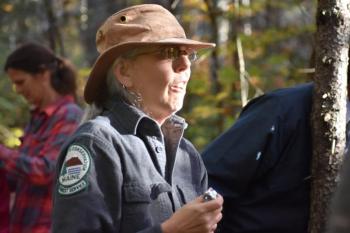 State entomologist Colleen Teerling coordinated the release. (Photo by Sarah Thompson)
State entomologist Colleen Teerling coordinated the release. (Photo by Sarah Thompson)
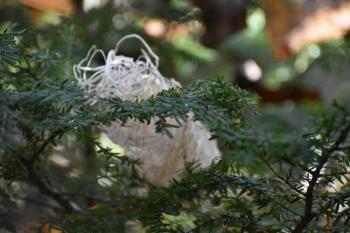 (Photo by Sarah Thompson)
(Photo by Sarah Thompson)
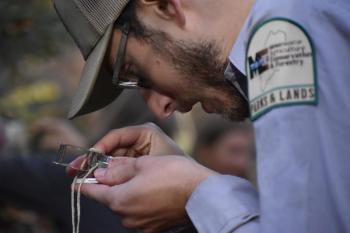 (Photo by Sarah Thompson)
(Photo by Sarah Thompson)
 (Photo by Sarah Thompson)
(Photo by Sarah Thompson)
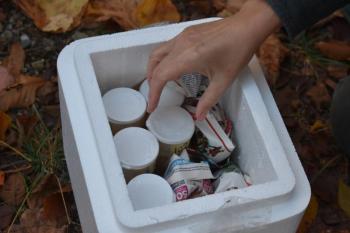 Beetles by mail. (Photo by Sarah Thompson)
Beetles by mail. (Photo by Sarah Thompson)
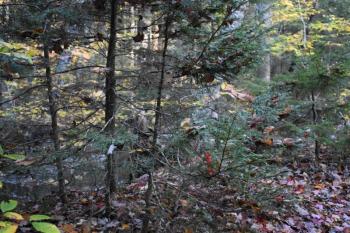 (Photo by Sarah Thompson)
(Photo by Sarah Thompson)
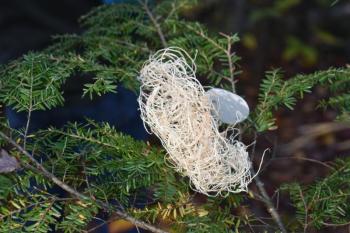 (Photo by Sarah Thompson)
(Photo by Sarah Thompson)
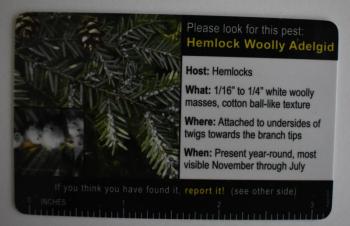
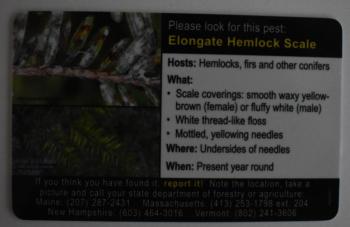
CAMDEN — Camden Hills State Park is adding yet another distinction to its growing list. It has already welcomed the highest number of visitors among Maine’s state parks for the last three years running. Its new trail marking system has been useful in helping lost hikers, and now, eyes are on a certain tiny insect with the potential for saving a certain native tree species.
On Wednesday, Oct. 19, one thousand tiny beetles, not much larger than fruit flies, were released onto hemlock trees that are at risk for demise off the beaten path.
Camden Hills is on the leading edge of the hemlock disease, in terms of the tree’s population, according to Colleen Teerling, one of three entomologists with the Maine Forestry Service. As of Oct. 19, the Camden site was the farthest north in the U.S. to release this particular beetle, and the science community will be following the research and learning from its conclusions.
The immediate hope is that the majority of the laricobius osakensis released will find mates, procreate, and spread. Those that survive the initial relocation from the breeders at Virginia Tech are expected to reproduce in February, and again in later spring. Each female beetle can lay up to 300 eggs.
“For these guys, one thousand is going to do nothing for all the Hemlock Wooly Adelgid out there,” said Teerling. “But, all their babies, and their babies’ babies, and all their babies’ babies’ babies...”
As predators, the beetles will fly up, attach and feed upon the Adelgid, which causes hemlock disease. In a few years, descendants of these beetles may be found 4 – 5 miles from the Oct. 19 location.
“When you are doing biological control, you have to be really careful and it’s best to err on the side of safety, because, once you put something out there, you can’t take it back,” she said.
Only time will tell if the beetles will save the trees, and only based on how many trees remain healthy in the future. Yet Teerling is confident. Hemlocks without beetle releases don’t seem to survive as long as the same trees in the study.
The beetles are funded by The Hemlock Initiative, a program of the U.S. Forestry Service and public universities. They are given to governments for free. What’s asked in return is for information of where the insects were released as well as observations of what occurs afterward.
“This then becomes a research project,” said Teerling, “as well as just an operational release of beetles to improve the forest.”
Representatives from the Knox-Lincoln Soil Water Conservation District attended the release, as did the Maine Parks Service and Georges River Land Trust.
Reach Sarah Thompson at news@penbaypilot.com

